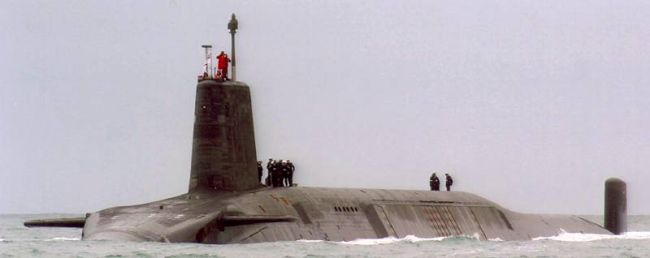WASHINGTON, July 7, 2010 — The commander of the International Security Assistance Force Joint Command in Afghanistan has made changes to improve command and control in the key province of Helmand.
Army Lt. Gen. David M. Rodriguez also spoke about the civil-military cooperation and lessons learned from the Marja campaign in Helmand.
A Marine battalion will replace British forces in the strategic town of Sangin along the Helmand River, Rodriguez said during a teleconference with Pentagon reporters today. “The British are committing their theater reserve for the next several months into the central Helmand River valley to increase the security zones in the central Helmand River valley,” he said. A Georgian battalion — a new addition to the ISAF coalition — also is moving into the area, the general added.
“This is done to clean up the command and control [situation],” the general said. When all is done, U.S. Marines will be in the northern and southern parts of the province, the British will be concentrated in central Helmand, and the Georgian battalion will be in the west.
Rodriguez told reporters that there has been progress in and around Marja – an agricultural city that had been occupied by the Taliban for three years. “The critical things down in the districts are the delivery of services from the government and the security provided by the police, supported by the army,” he said.
The population is becoming more involved with their local governments and representative councils, Rodriguez said.
“As security grows and as the confidence of the people grows, it will become more representative of the whole district of Marja,” he said. “They are on an upward trajectory to move to that now, but they do not have a fully representative council yet. But they are participating in the council meetings and the shura meetings. … And we look forward to that continual growing confidence as they improve the security.”
It is a hard fight in the region. The Taliban have launched a murder and intimidation campaign to kill the community leaders. Patience is needed to effect change in the region, Rodriguez said, adding that the command and the Afghan government learned lessons from the fight in Marja that can be applied to the larger campaign in and around Kandahar – Afghanistan’s second-largest city and the spiritual home of the Taliban.
The Afghan government also learned many lessons from the experience, he added.
“Most of them had to do with prior planning, preparation, setting the political context and communicating early with the people,” Rodriguez said. “When we went into Marja, … we had not planned long enough in advance. We had done it kind of in a sequence, versus a parallel effort, so it was a little bit slower to get the government services and the development in there that we wanted.”
He said the experience caused the government to begin the political engagement and the consultations with the people much earlier in Kandahar province.
“The president of Afghanistan has already been down there twice, and is going there again shortly,” he said. “And the involvement of the people and the preparations of the Afghan government to best support the people of Kandahar are way ahead of what they were in central Helmand River valley, because of the lessons learned from all during those operations.” It remains a hard fight in Afghanistan, the general acknowledged, and allied casualties have risen. June was the deadliest month for coalition troops since the war began.
“The soldiers, sailors, airmen, Marines … are incredibly committed to what they’re doing,” Rodriguez said. “They’re incredibly committed to each other, to take care of each other and take care of the mission. And their morale remains high as they go into some of the toughest places and the toughest fights that we’ve been in because of going right at the Taliban support bases. So their morale continues to be high.”
Source:
U.S. Department of Defense
Office of the Assistant Secretary of Defense (Public Affairs)

 von
von 